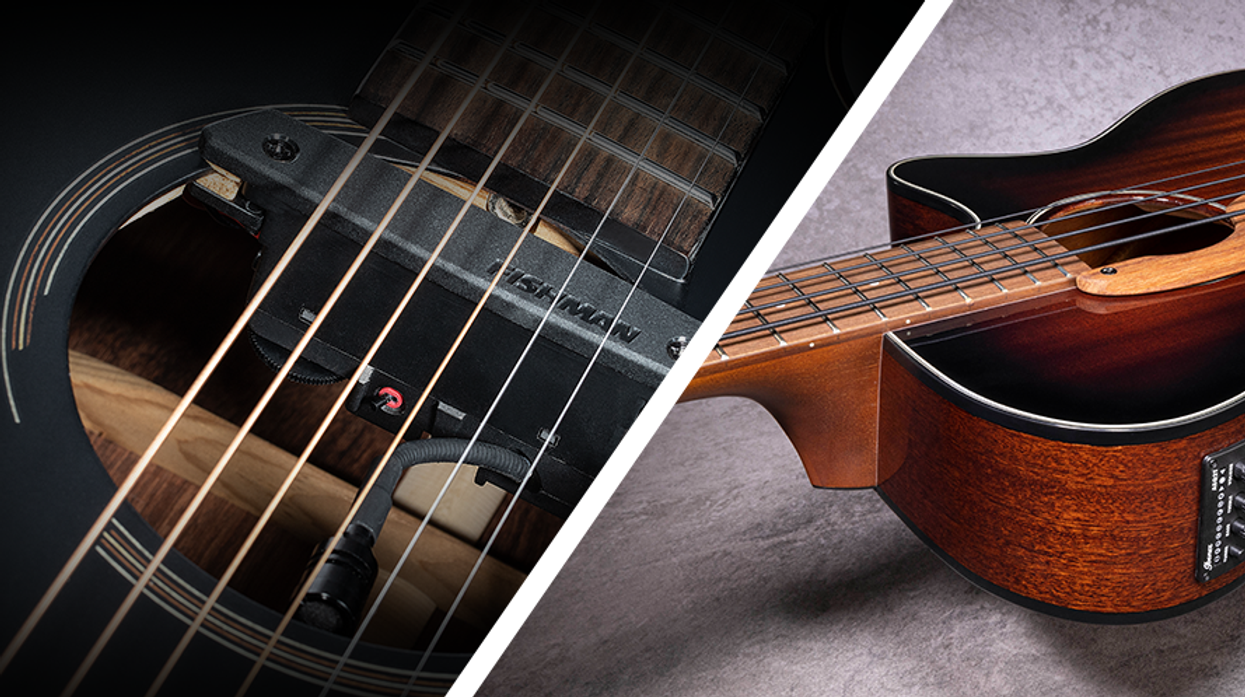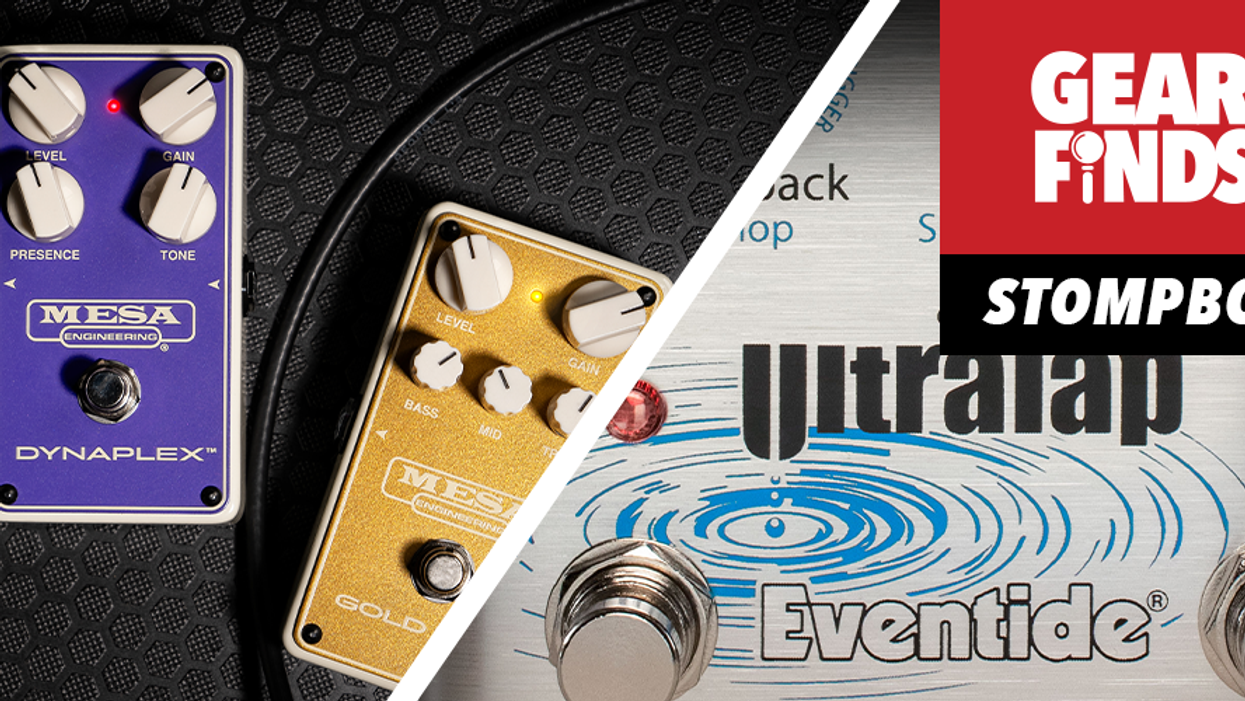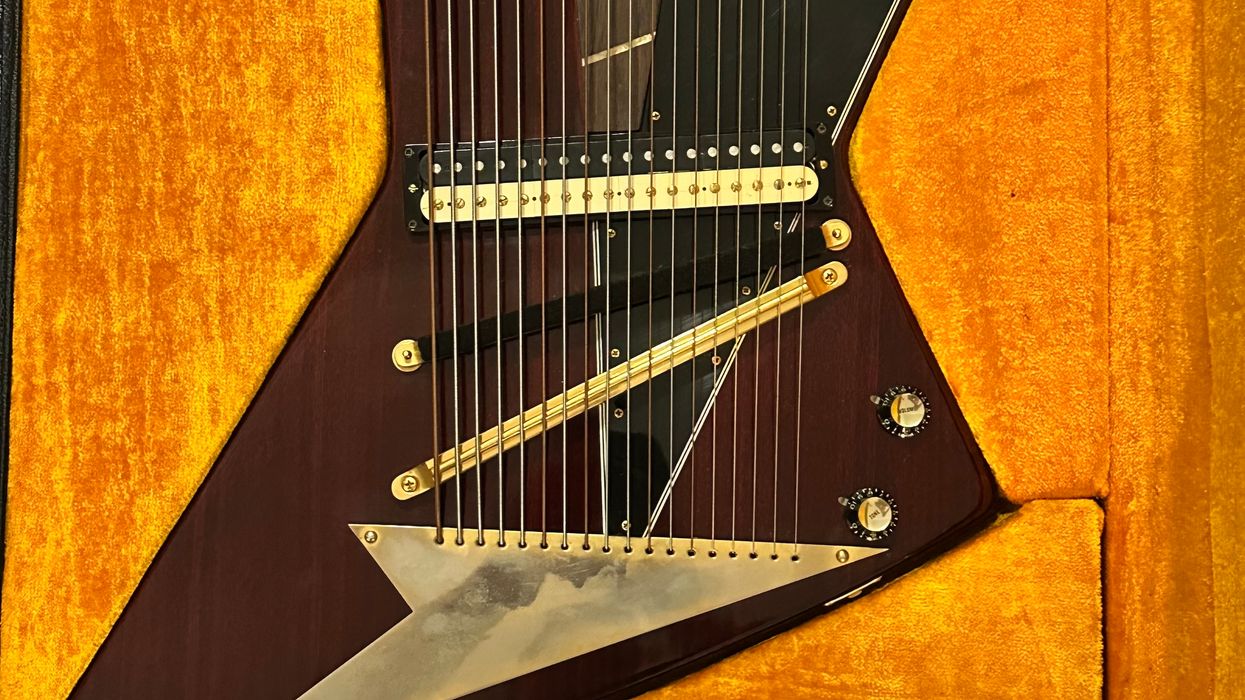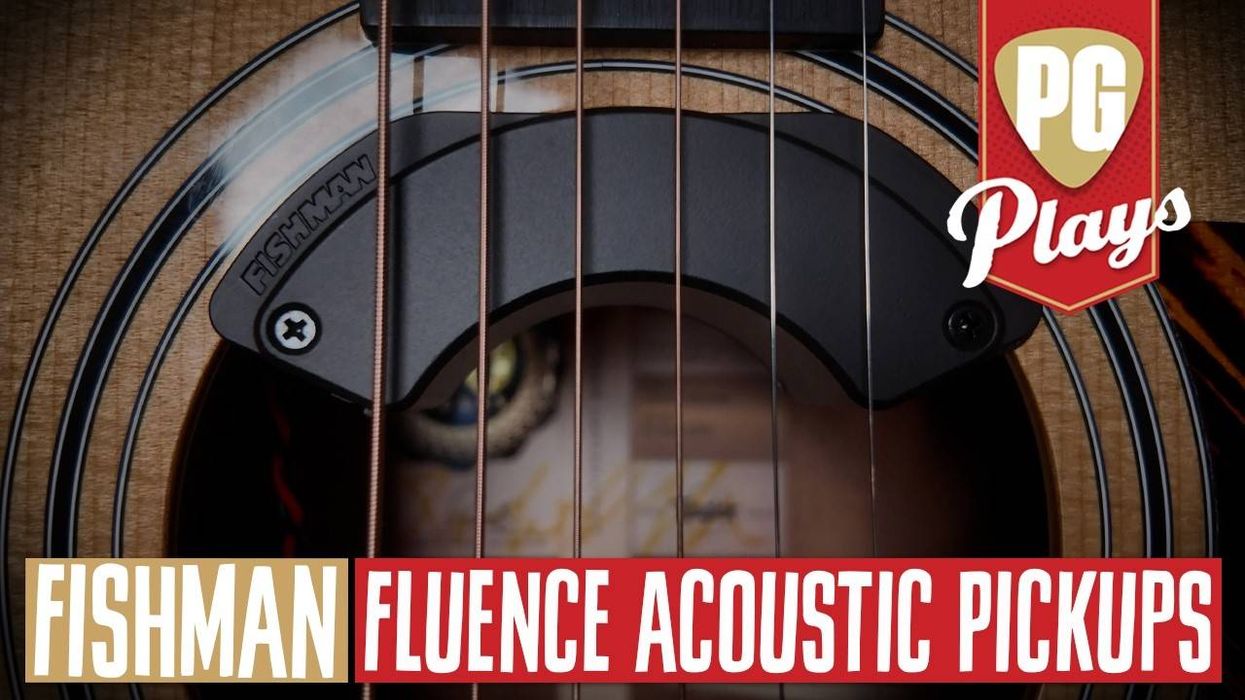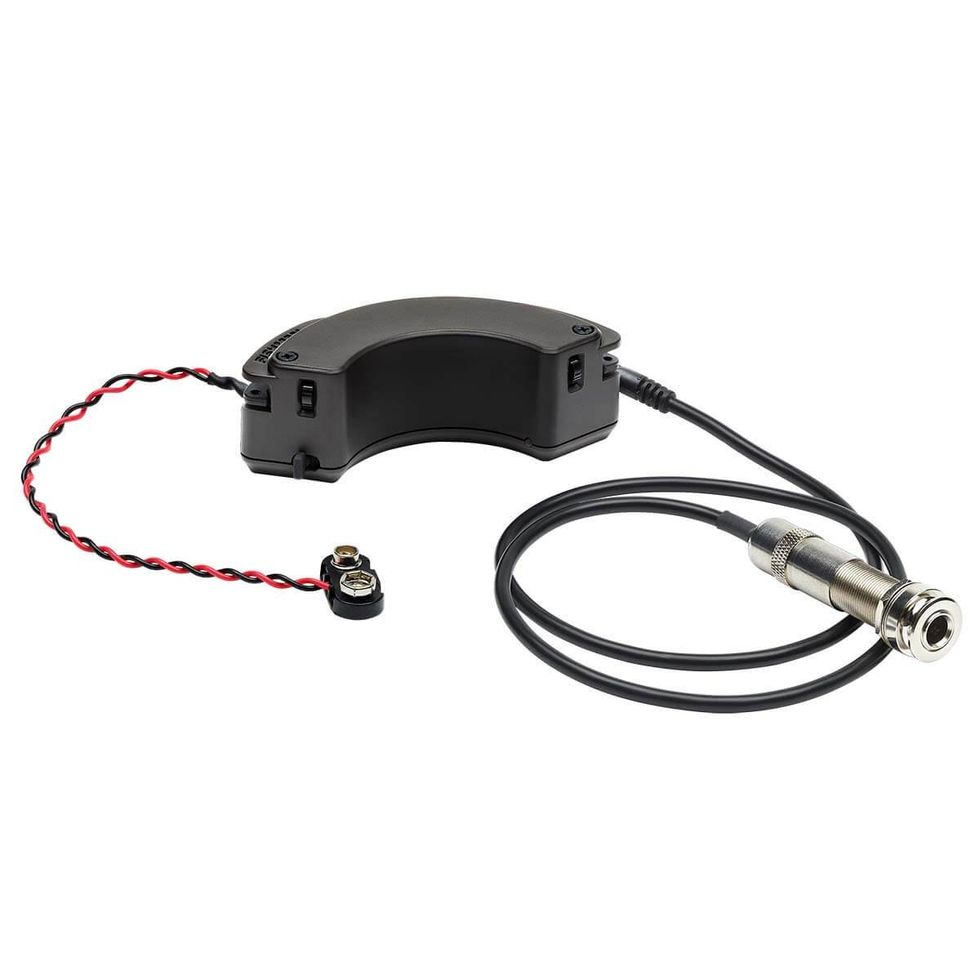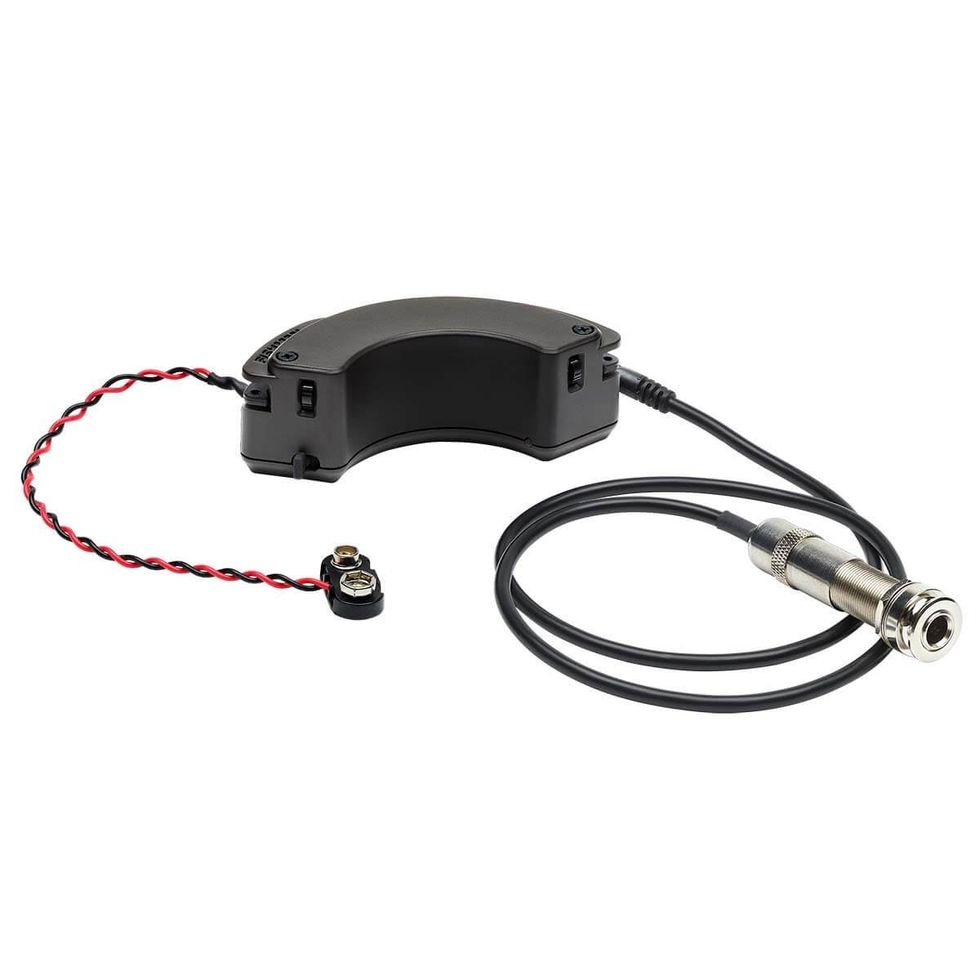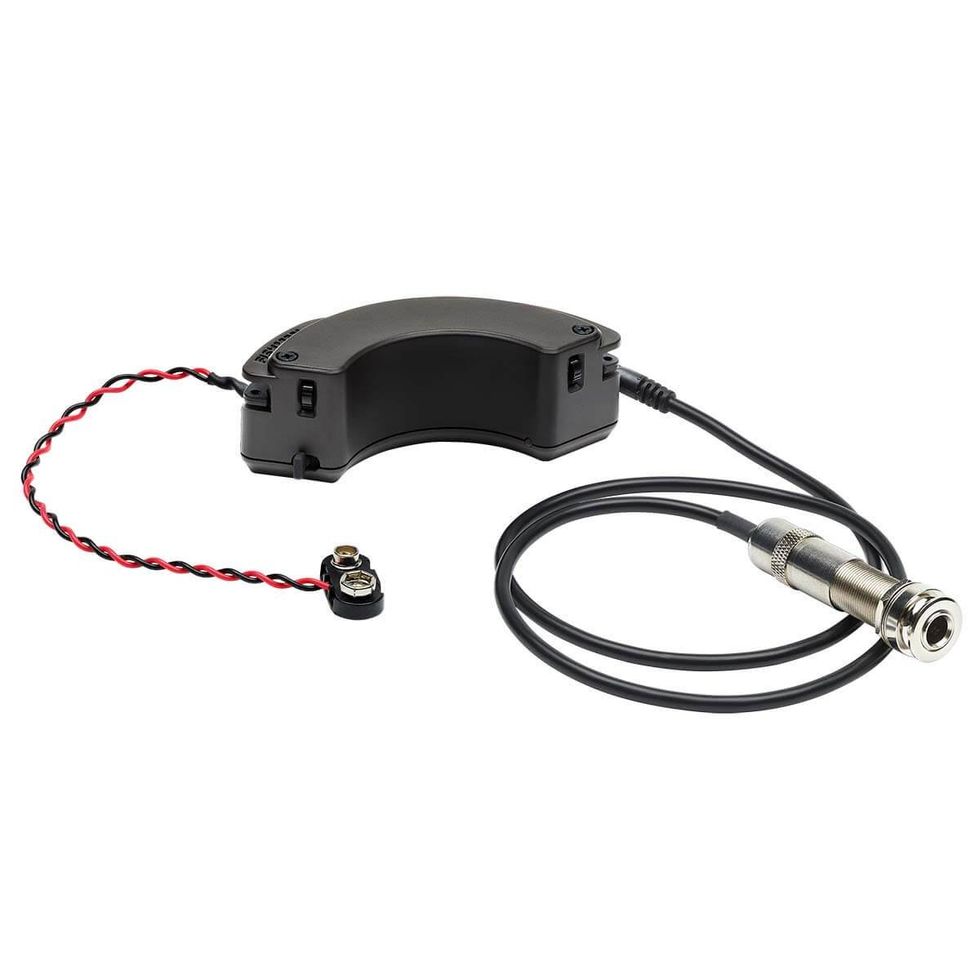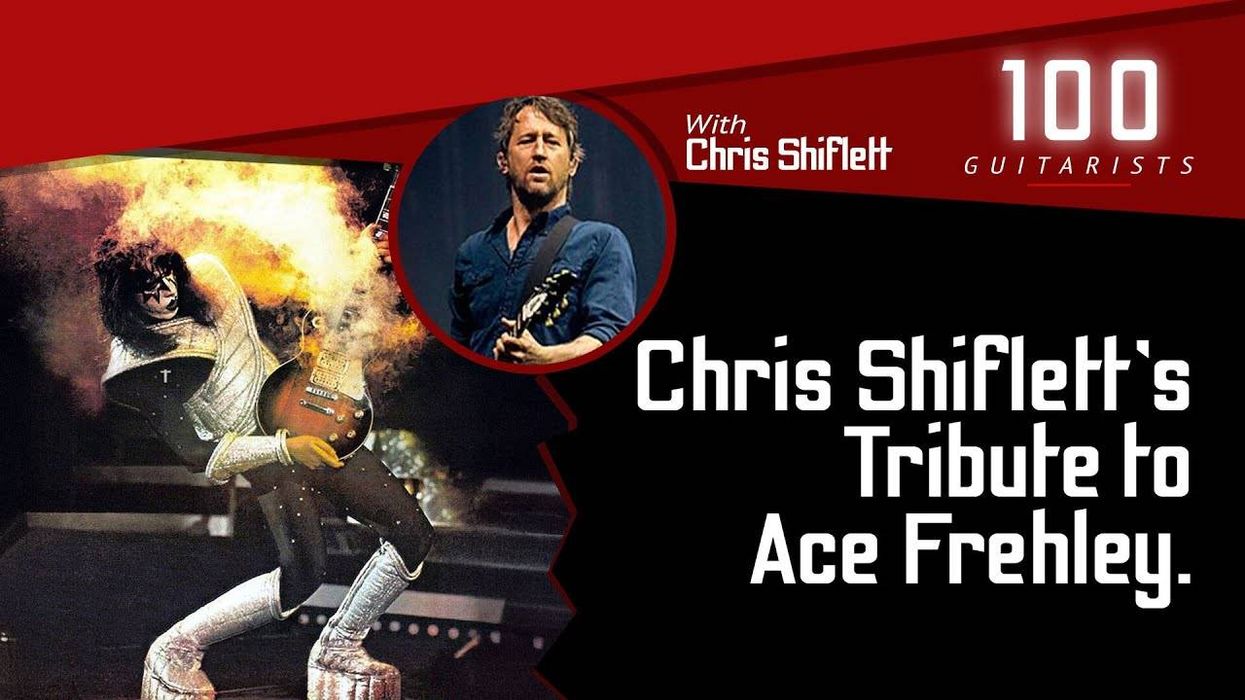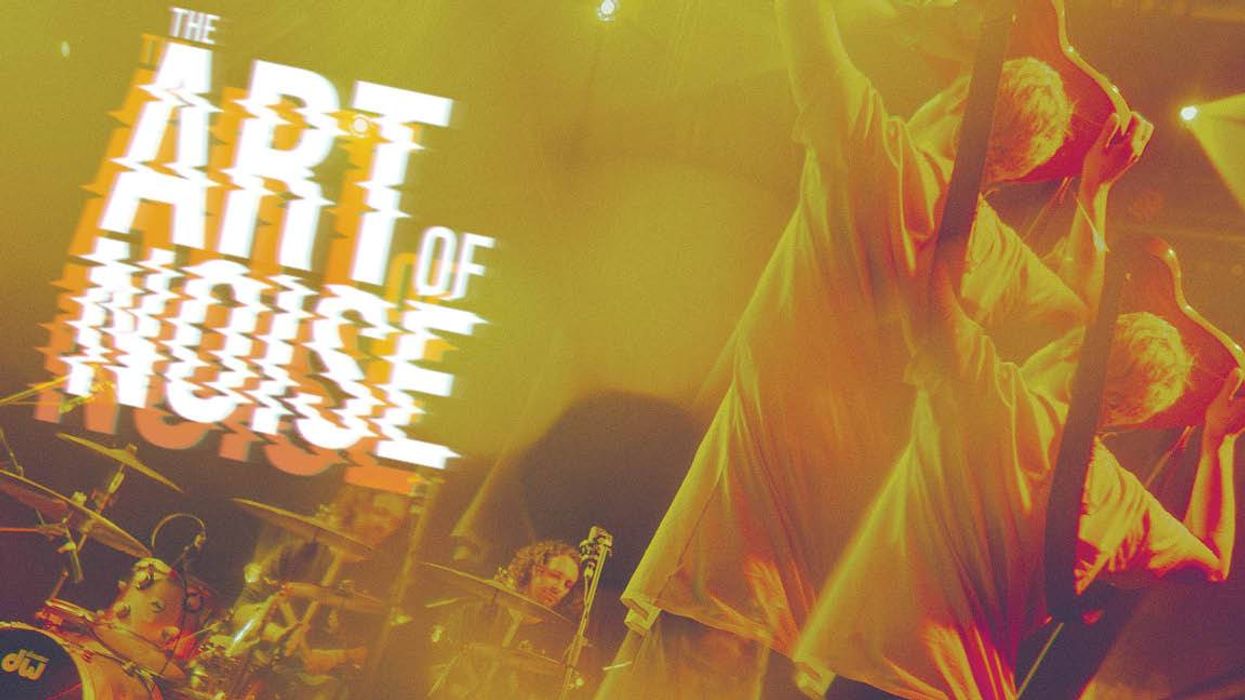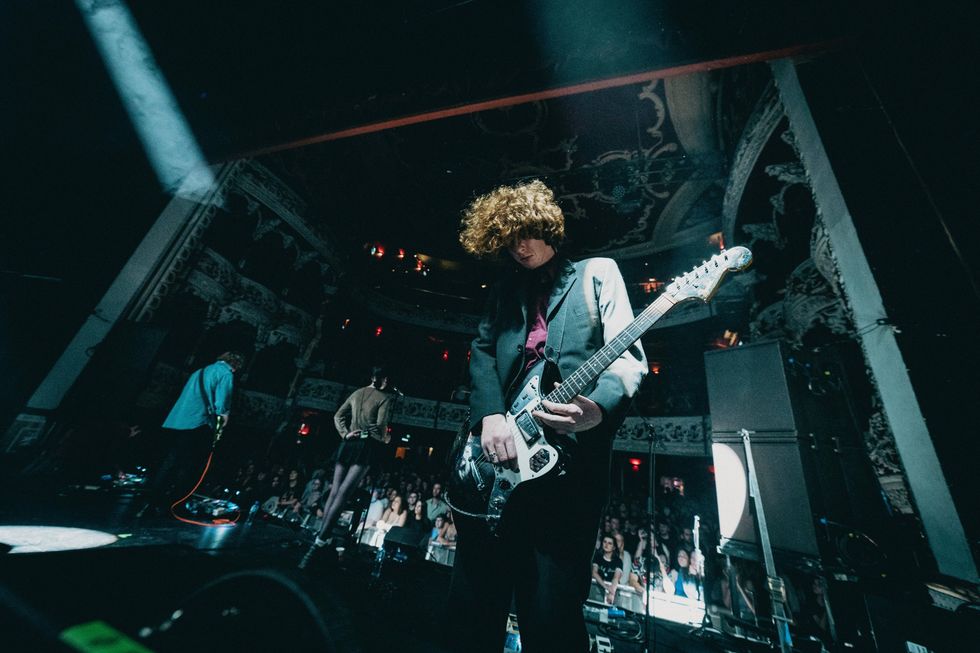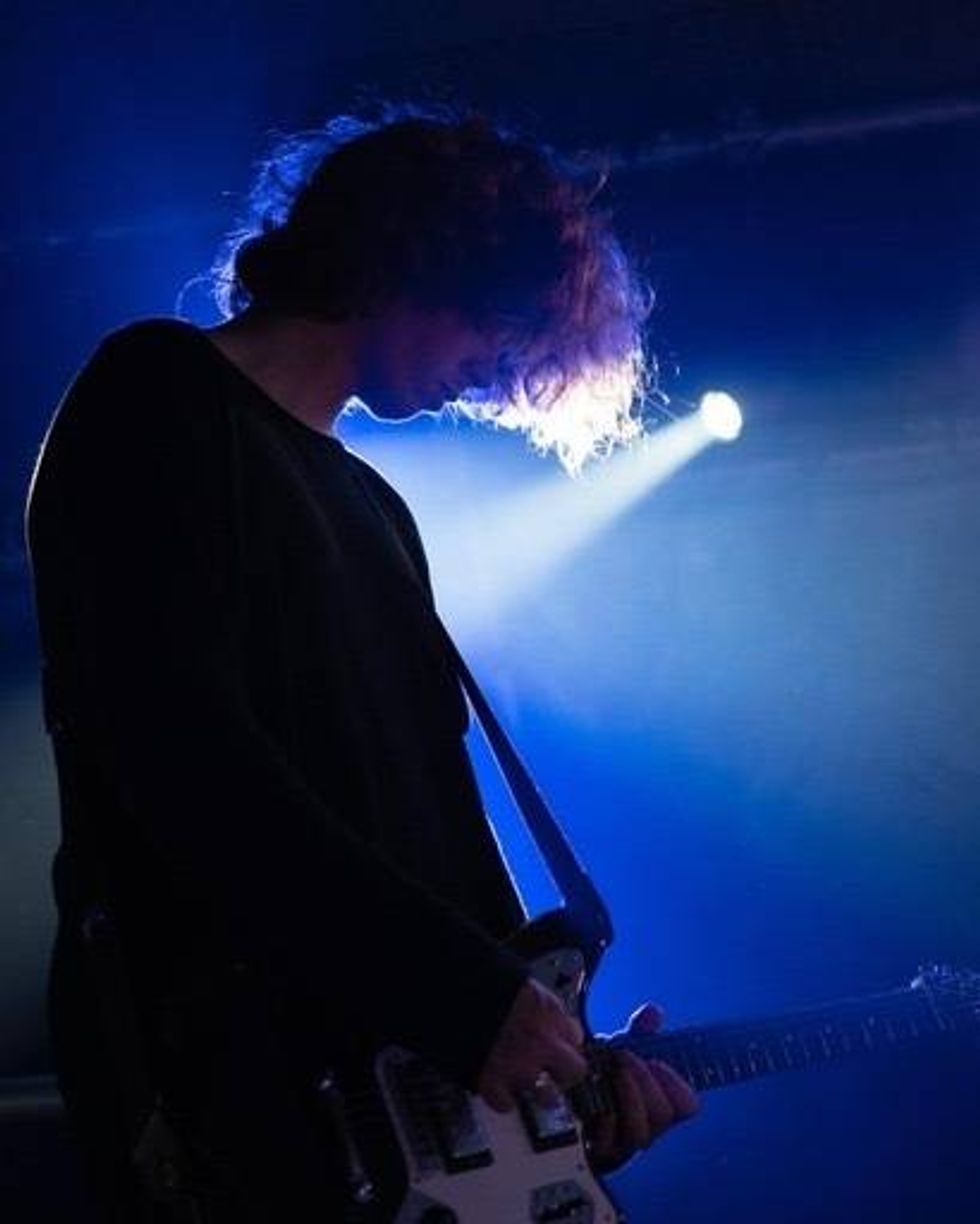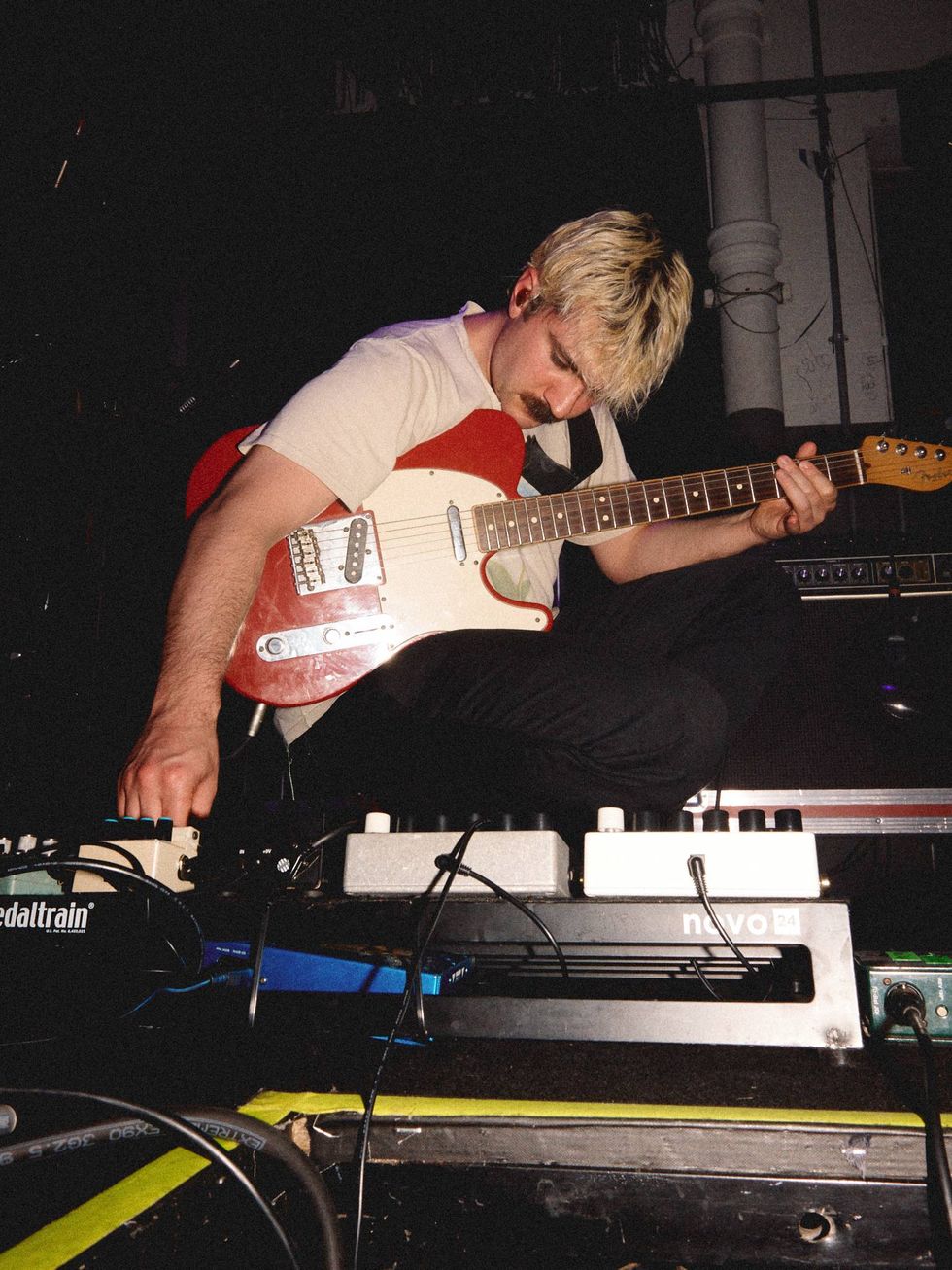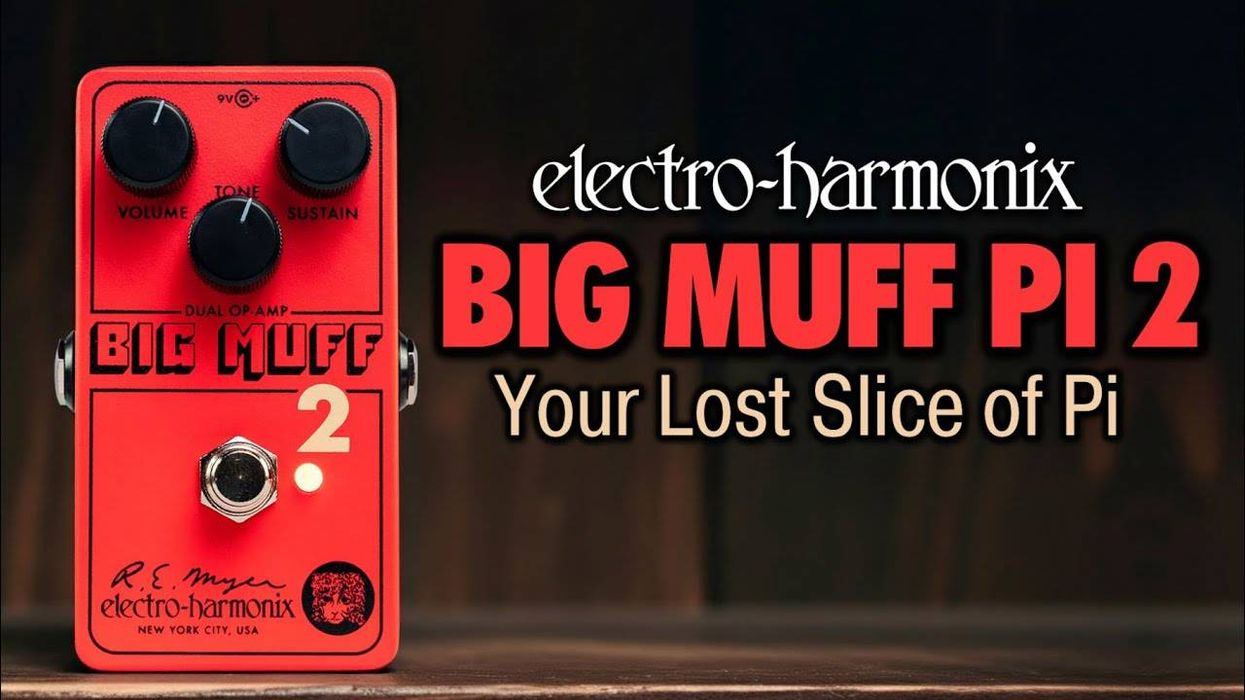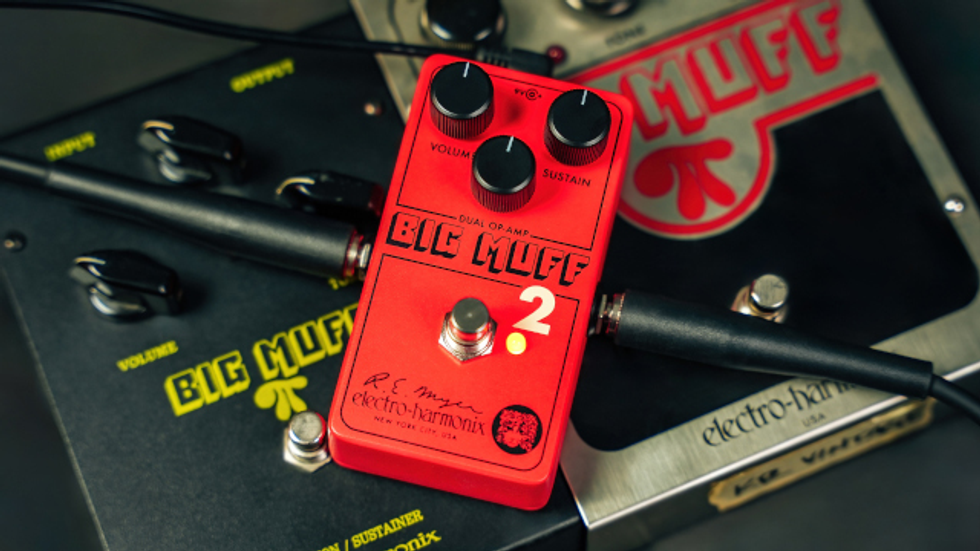Nashville, TN (March 24, 2008) -- Gibson announced Thursday that they have filed suit against Wal-Mart, Target, KMart, Amazon.com and GameStop, in an attempt to halt the selling of Guitar Hero games. This announcement comes on the heels of Gibson''s patent-infringement suit against the Viacom-owned MTV and Harmonix, along with Electronics Arts; the three companies are developers of the video game Rock Band, which incorporates the same technology as Guitar Hero.
These suits are just the latest developments in an ongoing conflict between Gibson and Activision, the makers of "Guitar Hero." On January 7, 2008, Gibson sent a letter to the game’s current developer, Activision, requesting the company either stop selling the games or obtain a license to a patent that Gibson has held since 1999. In turn, Activision filed suit against Gibson, insisting that the billion-dollar franchise does not infringe upon Gibson’s patent – and that Gibson granted an implied license by allowing the games to be developed and sold for three years without contest.
On March 13, following Activision’s lawsuit, Gibson issued a statement saying that the company, “intends to vigorously defend its rights and to pursue any rights it may have against Activision and any other persons.” With today''s announcements, it''s safe to say that Gibson is living up to their promise.
The patent in question (U.S. Patent 5,990,405, for those fluent in legalese), spells out an idea for a “system and method for generating and controlling a simulated musical concert experience,” and describes the combination of playing a musical instrument, a head-mounted 3D display with stereo speakers, and a pre-recorded concert and sound track. Gibson says that Guitar Hero and Rock Band use the patent, without license, for the games'' controllers. The patent includes a description similar to the function of the guitar-shaped controllers: “Playback of the instrument sound track is controlled by signals generated in the musical instrument and transmitted to a system interface box connected to the audio-video playback device…”
Whether or not the patent covers the game’s peripherals lies in the hands of the courts, but one thing seems likely; once their current agreement expires, Gibson will likely not be appearing on any future Guitar Hero games. According to MTV News, Activision was not planning to renew Gibson’s sponsorship agreement and, in a March 10 letter to Gibson, Activision’s lawyers insinuated that this was the impetus for Gibson’s current complaint.
Gibson''s involvement with Guitar Hero dates back to the first release of the game in 2005. The series'' controllers have been in the shapes of SGs and Explorers, and most recently, Les Pauls and a Kramer Striker. In the game, the virtual store is stocked with guitar from Gibson''s family of brands -- Gibson, Epiphone and Kramer -- and Gibson artist Slash, was prominently featured in the latest version of the game, Guitar Hero III: Legends of Rock.
These suits are just the latest developments in an ongoing conflict between Gibson and Activision, the makers of "Guitar Hero." On January 7, 2008, Gibson sent a letter to the game’s current developer, Activision, requesting the company either stop selling the games or obtain a license to a patent that Gibson has held since 1999. In turn, Activision filed suit against Gibson, insisting that the billion-dollar franchise does not infringe upon Gibson’s patent – and that Gibson granted an implied license by allowing the games to be developed and sold for three years without contest.
On March 13, following Activision’s lawsuit, Gibson issued a statement saying that the company, “intends to vigorously defend its rights and to pursue any rights it may have against Activision and any other persons.” With today''s announcements, it''s safe to say that Gibson is living up to their promise.
The patent in question (U.S. Patent 5,990,405, for those fluent in legalese), spells out an idea for a “system and method for generating and controlling a simulated musical concert experience,” and describes the combination of playing a musical instrument, a head-mounted 3D display with stereo speakers, and a pre-recorded concert and sound track. Gibson says that Guitar Hero and Rock Band use the patent, without license, for the games'' controllers. The patent includes a description similar to the function of the guitar-shaped controllers: “Playback of the instrument sound track is controlled by signals generated in the musical instrument and transmitted to a system interface box connected to the audio-video playback device…”
Whether or not the patent covers the game’s peripherals lies in the hands of the courts, but one thing seems likely; once their current agreement expires, Gibson will likely not be appearing on any future Guitar Hero games. According to MTV News, Activision was not planning to renew Gibson’s sponsorship agreement and, in a March 10 letter to Gibson, Activision’s lawyers insinuated that this was the impetus for Gibson’s current complaint.
Gibson''s involvement with Guitar Hero dates back to the first release of the game in 2005. The series'' controllers have been in the shapes of SGs and Explorers, and most recently, Les Pauls and a Kramer Striker. In the game, the virtual store is stocked with guitar from Gibson''s family of brands -- Gibson, Epiphone and Kramer -- and Gibson artist Slash, was prominently featured in the latest version of the game, Guitar Hero III: Legends of Rock.


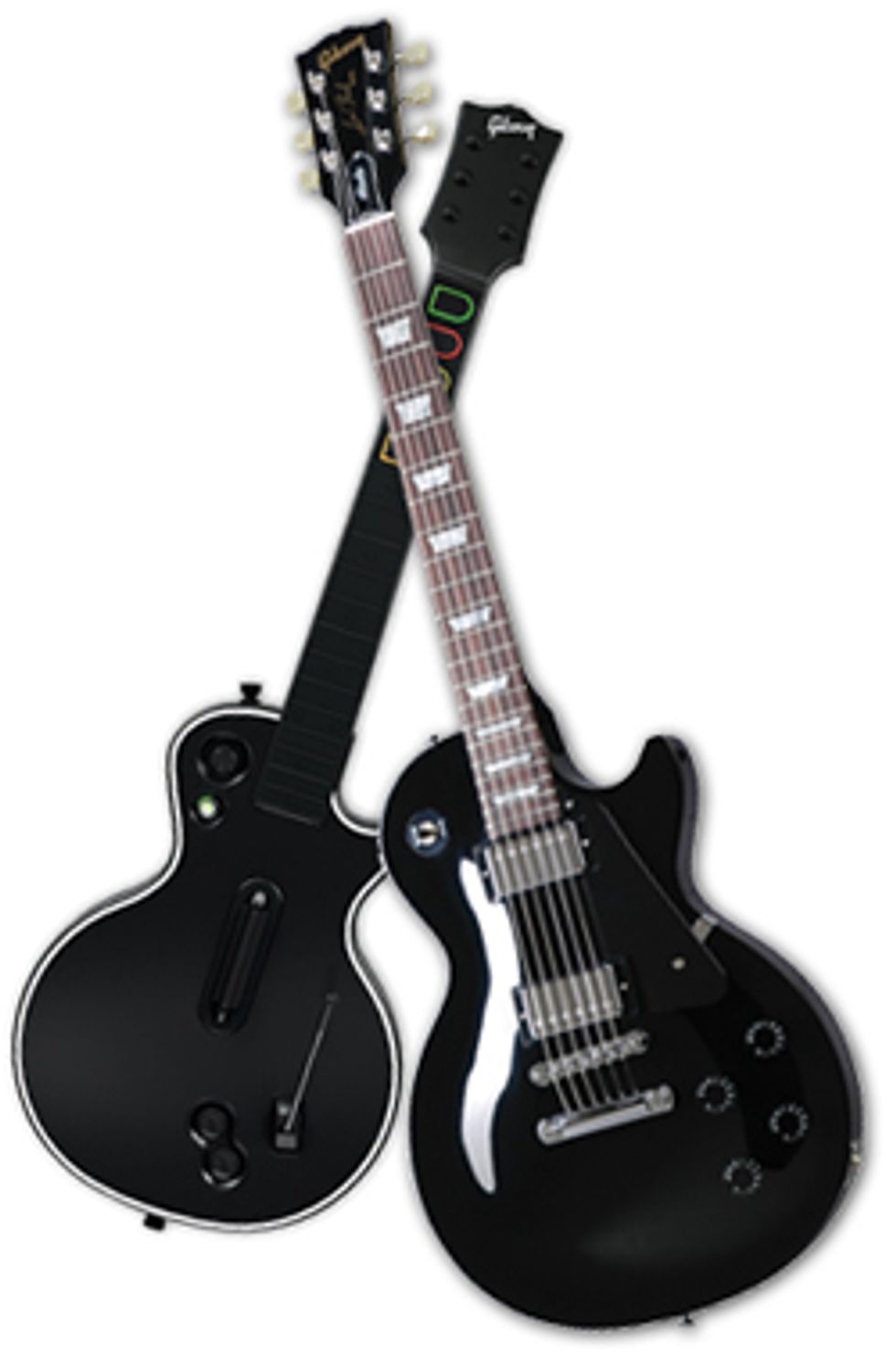

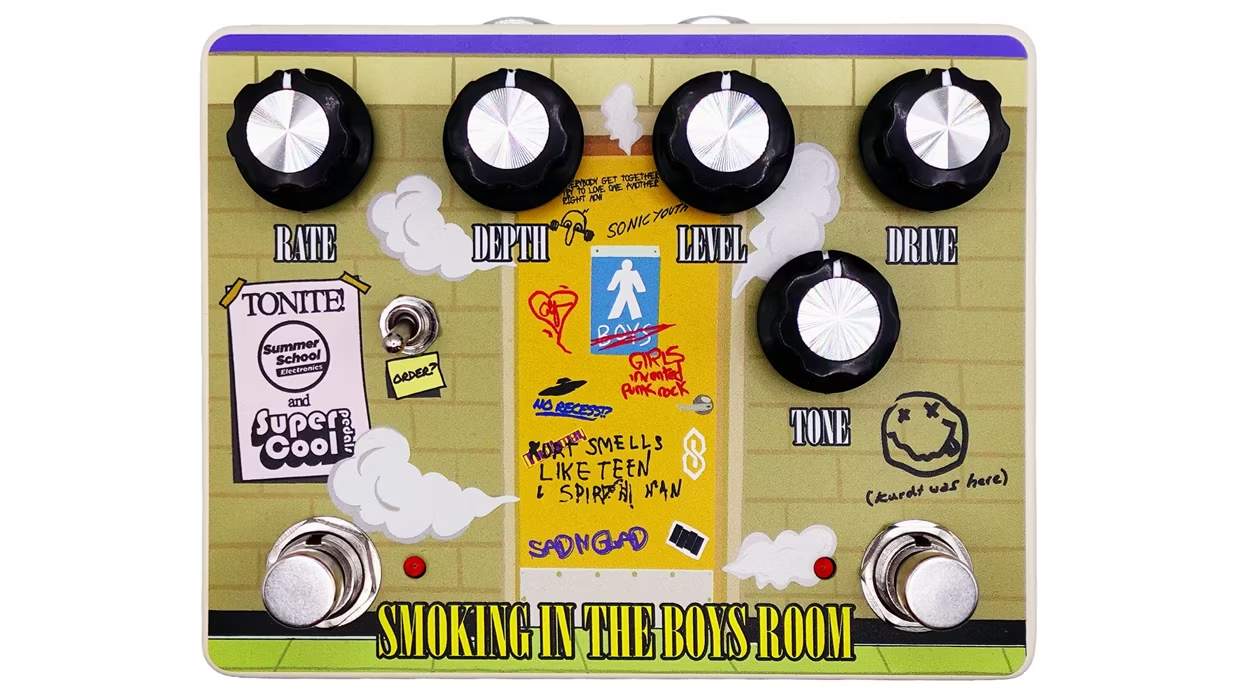
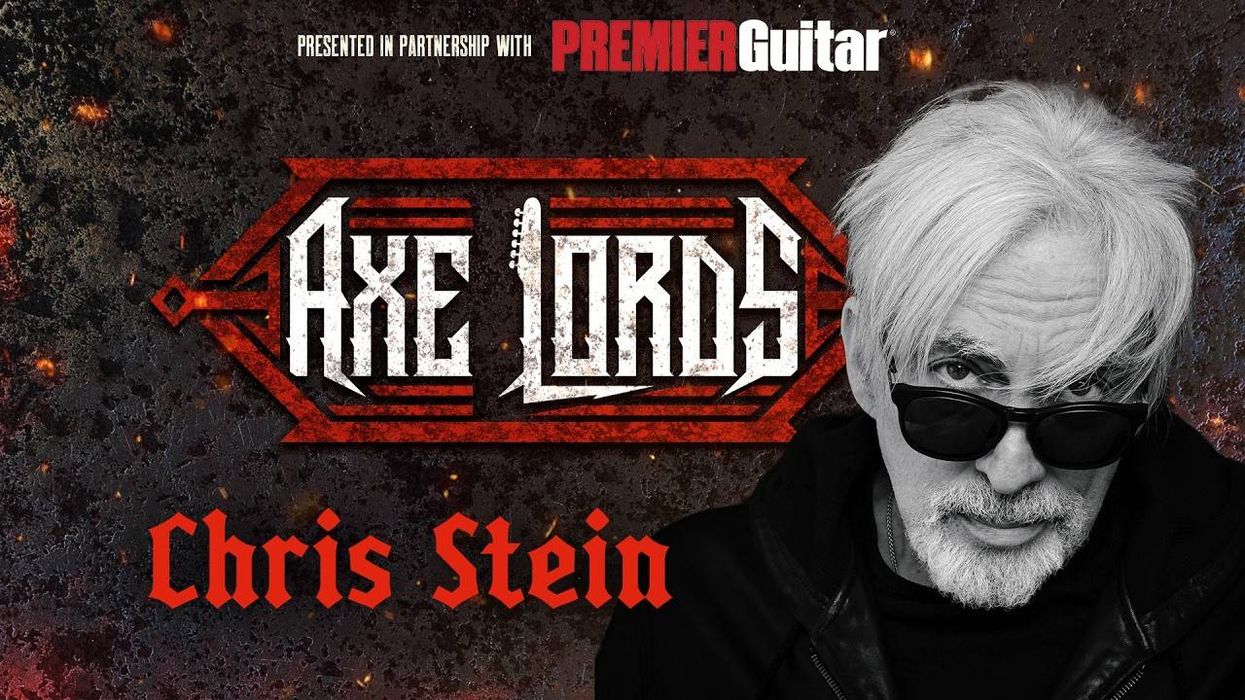
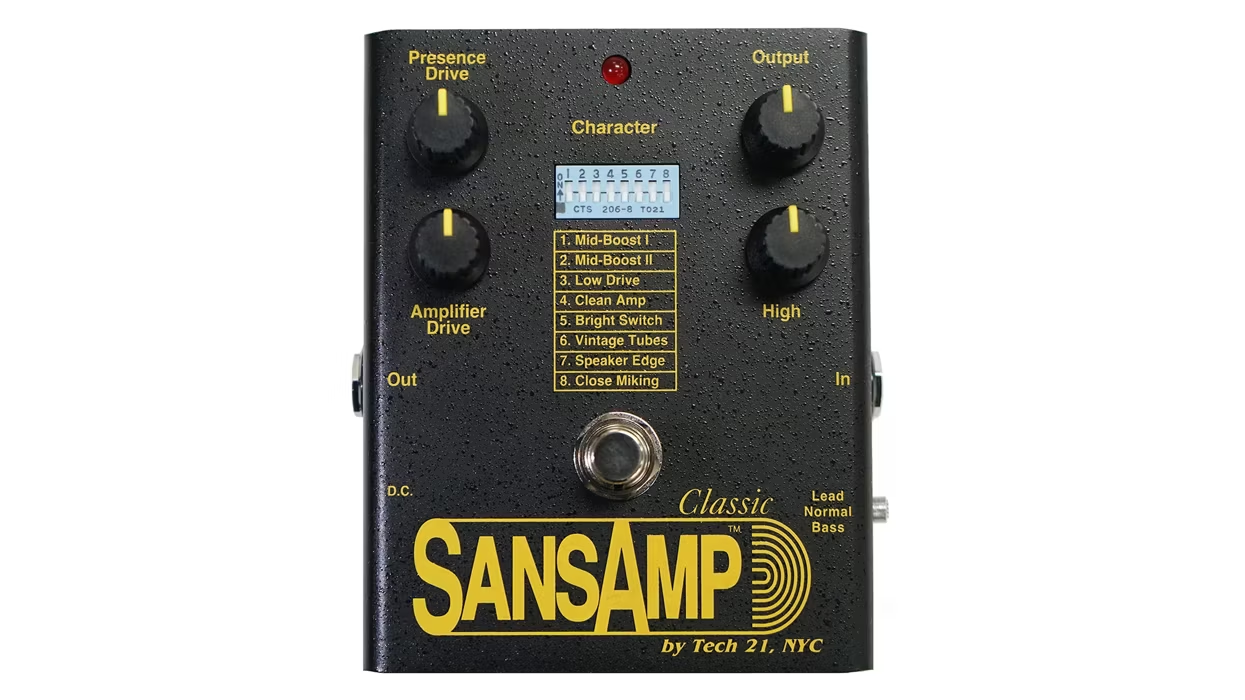
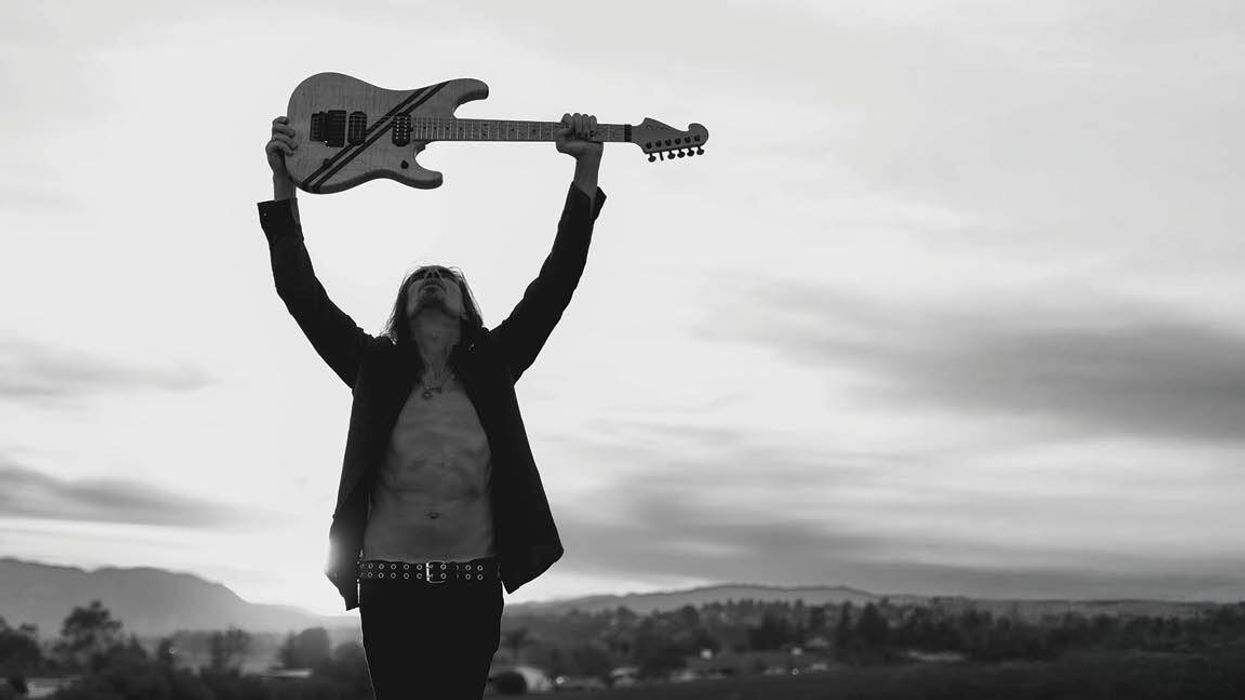
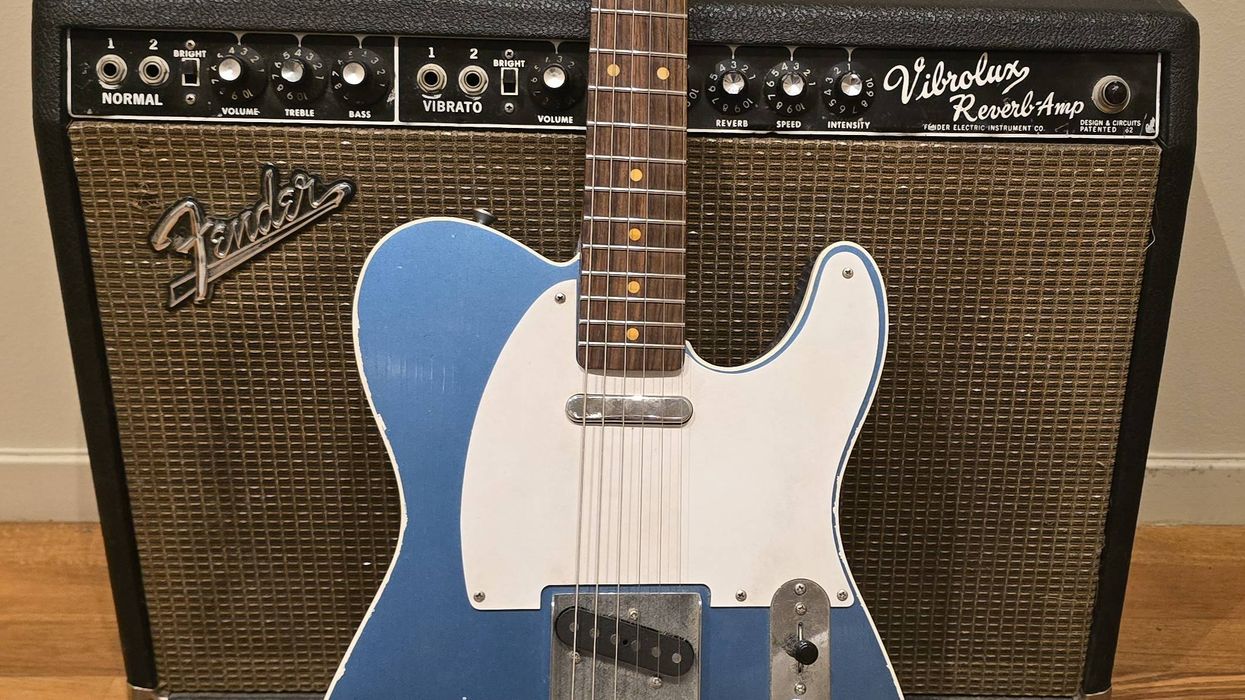
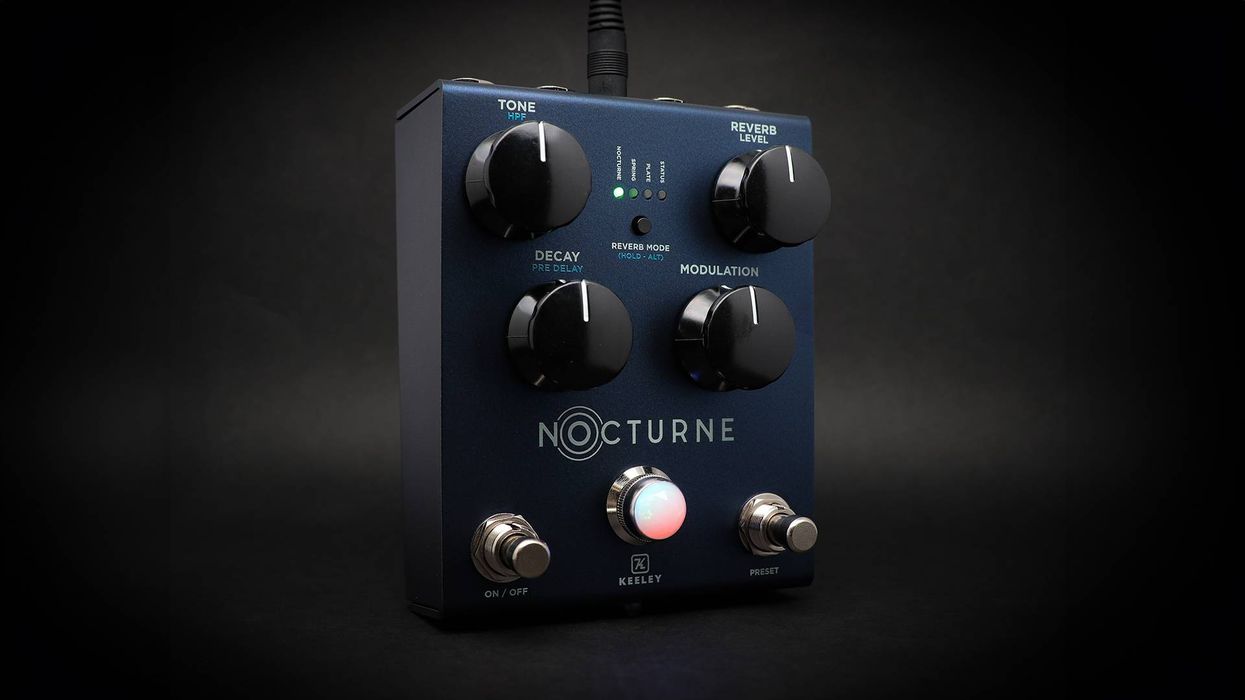
![Rig Rundown: Russian Circles’ Mike Sullivan [2025]](https://www.premierguitar.com/media-library/youtube.jpg?id=62303631&width=1245&height=700&quality=70&coordinates=0%2C0%2C0%2C0)

